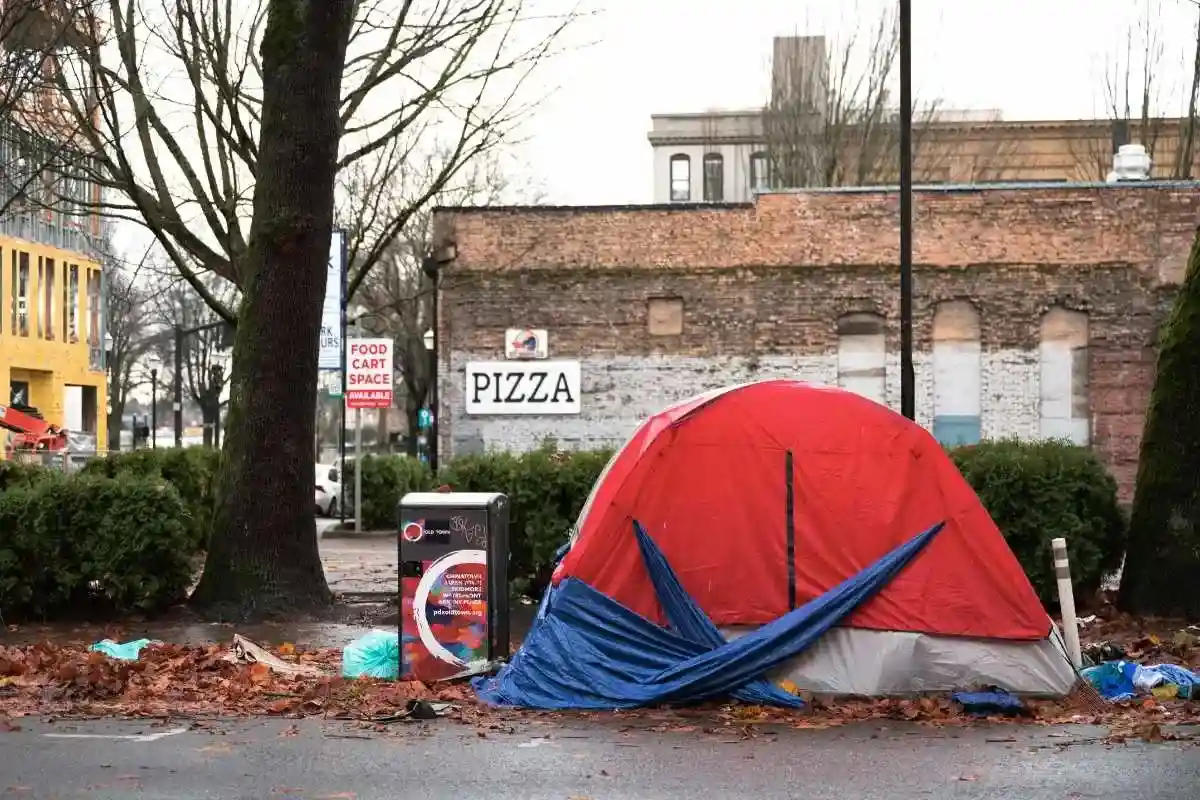
Climate change does not impact everyone equally. Marginalized communities often face the greatest risks while having the fewest resources to recover from climate-related disasters such as floods, droughts, and extreme storms. Limited access to healthcare, clean water, stable housing, and financial support makes it harder for these communities to adapt and rebuild. Many are also excluded from the decision-making processes that shape climate policies, leaving their needs and perspectives overlooked. Achieving climate justice means ensuring that every community, regardless of income or background, has equal access to protection, recovery, and opportunity in the face of environmental change.
Creating equitable solutions requires collaboration between governments, organizations, and individuals. Policies must be designed with the most vulnerable populations in mind, ensuring access to funding, clean energy, and sustainable job opportunities. Grassroots movements and community-led initiatives play a vital role in amplifying voices that are too often ignored. Partnerships between local communities and global organizations can also bring essential resources and visibility to those on the front lines of the climate crisis.
What steps can leaders take to ensure marginalized groups have equal access to funding, resources, and climate support systems? How can individuals, organizations, and governments amplify the voices of those most affected by the climate crisis? How can people hold decision-makers accountable for creating equitable climate policies? What role do grassroots activists and partnerships play in making sure these policies are implemented fairly? Finally, how can investing in renewable energy, education, and green jobs in underserved areas build a more just and resilient future?
Use the online submission form when sending your articles to help us track all of your submissions. Please try to write about the above topic. Your response should be at least 1,000 words.
To receive credit, your effort is what matters. You should find ways to contribute thoughtful ideas that will help others. Feel free to use personal stories or other information that you want to share, but do not use real names or other identifying information. You may write your response in the space provided or upload your response. Once we review your response, you will receive credit.
Click the button below to submit your article and get your credit.